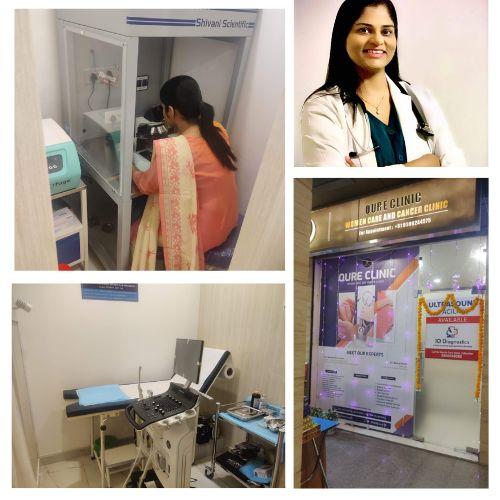When planning to start or expand a family, fertility can often feel like a mystery. Thankfully, medical science offers a range of fertility blood tests to uncover vital information about reproductive health. These tests help both women and men understand hormonal balances, ovarian reserves, and any underlying issues that may affect conception.
Why Blood Tests Are Essential for Fertility Diagnosis
Blood tests provide crucial insights into the body’s hormonal functioning, helping specialists identify why pregnancy might not be happening. For women, fertility largely depends on hormones that regulate ovulation, egg health, and the overall menstrual cycle. For men, certain hormonal imbalances can affect sperm production or quality.
Getting tested early in the fertility journey can save time and guide a specialist to recommend the most effective treatments.
Common Hormonal Blood Tests for Fertility
Several blood tests are used in fertility evaluations. Each test measures specific hormone levels that contribute to reproductive health:
1. FSH (Follicle Stimulating Hormone)
FSH plays a key role in stimulating the ovaries to mature eggs. Testing FSH on day 3 of the cycle can help assess ovarian reserve. High levels may indicate reduced fertility.
2. AMH (Anti-Müllerian Hormone)
AMH is often the first test recommended to check how many eggs remain in a woman’s ovaries. Unlike other tests, AMH levels remain fairly stable throughout the cycle, making it highly reliable for ovarian reserve assessment. For women seeking expert guidance on ovarian health, consider visiting an experienced infertility specialist in Noida.
3. Progesterone
Measured during the second half of the menstrual cycle, progesterone confirms if ovulation has occurred. Low levels can point to ovulation disorders.
4. Estradiol
Estradiol works alongside FSH to evaluate ovarian function and egg development. Extremely high or low levels might suggest poor ovarian function or hormonal imbalance. Understanding hormonal causes is crucial before starting fertility treatments like IVF.
5. Prolactin
High prolactin levels can disrupt ovulation and menstrual regularity. This test helps identify hormonal causes of infertility.
6. Thyroid Function (TSH)
Thyroid hormones play a subtle but significant role in reproductive health. Imbalances in thyroid-stimulating hormone (TSH) can affect ovulation and implantation success.
What Your Fertility Blood Test Results Might Reveal?
The results of fertility blood tests can indicate if hormone levels are within the expected range for age and reproductive stage. For example:
- Low AMH may signal diminished ovarian reserve.
- High FSH may suggest reduced ovarian function.
- Abnormal TSH or prolactin may reveal treatable causes of infertility.
One abnormal result doesn’t automatically mean infertility, but it helps guide further investigation or treatment plans. Discover more about common causes of infertility and treatment options here.
When Should You Get a Fertility Blood Test?
Most fertility specialists recommend starting blood tests if trying to conceive for over a year (or six months if over 35). These tests are often the first step before proceeding to advanced fertility treatments.
Preparing for Fertility Blood Tests: What to Expect
Some tests, like FSH and estradiol, are scheduled early in the menstrual cycle (usually day 2–5), while others, like progesterone, are tested later. A fertility specialist will guide on the timing, fasting requirements, or preparation needed for specific tests.
Consulting a Fertility Specialist: Next Steps After Testing
Once blood tests are complete, the next step is reviewing them with a qualified fertility specialist. Depending on the results, treatments may include ovulation induction, lifestyle changes, or assisted reproductive techniques like IUI or IVF.
If seeking expert care, Dr. Aprajita Srivastava is a highly skilled gynecologist, IVF specialist, and laparoscopic surgeon based in Sector 121, Noida. With extensive expertise in reproductive medicine, infertility treatments, and advanced procedures like IVF, IUI, and egg freezing, she is renowned for successfully handling complex fertility cases and high-risk pregnancies with compassionate care.
Understanding what fertility blood tests reveal empowers couples to take proactive steps toward building a family. By consulting an expert and following a personalized treatment plan, conception can be approached with clarity and confidence.
